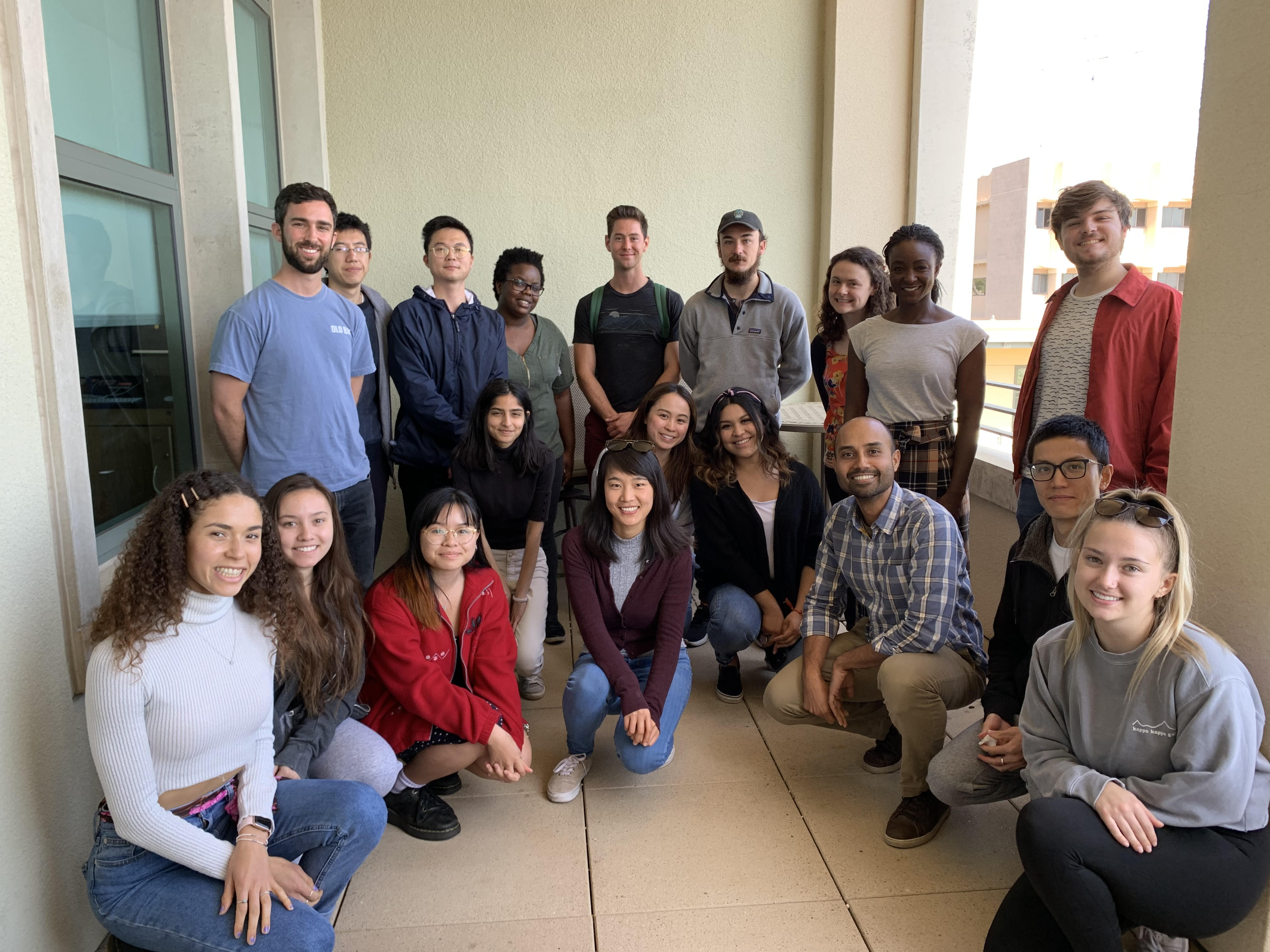
The Clean Energy Transformation Lab
The Clean Energy Transformation Lab — CETlab (pronounced “set-lab”) — aims to transform how we generate, distribute, and use energy in ways that are cost-effective, environmentally sustainable, and socially equitable. The CETlab focuses on low carbon and just transitions in energy systems by applying energy systems modeling, empirical analyses, and social science research methods.
For mitigating climate change, global energy systems need to transform rapidly from fossil fuels to clean energy. This massive transformation faces significant technical, economic, environmental, and social challenges. How do we maintain the reliability of our electricity systems with large amounts of weather-dependent wind and solar, the most promising technology options for clean energy? What would be the cost and labor impacts of a clean energy transition? What would be the impacts on local criteria pollutants and which communities are affected and how? At the same time as we aim to decarbonize our energy systems, access to energy services remains inequitable across the world. How do we provide access to reliable and affordable energy to about a billion people who lack access to electricity and over 2.5 billion people who lack access to clean cooking fuels? These are some of the questions that we aim to answer at the CETlab.
Led by Dr. Ranjit Deshmukh, the CETLab brings together power systems engineers, social scientists and policy stakeholders to untangle complex energy systems and energy access challenges across the globe. Professor Deshmukh serves as a principal investigator at the Environmental Markets Lab (emLab) and the 2035 Initiative, where many of Professor Deshmukh’s ongoing and completed projects are hosted. Visit the emLab website and the 2035 Initiative website for more information.
Join the CETlab Google Group (limited to UCSB affiliates)

